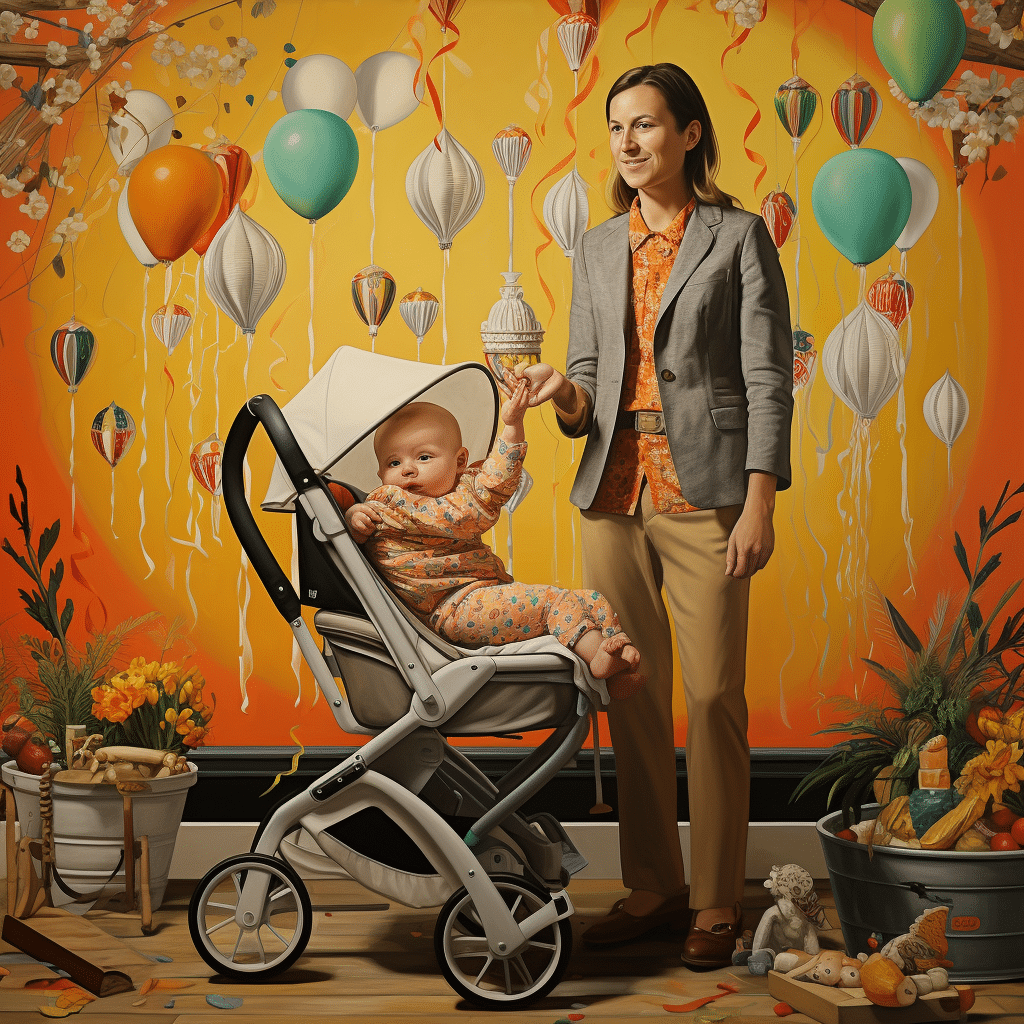
Having a Baby After 40: Risks, Benefits and Considerations
Getting pregnant after 40 years is medically considered high risk. The chances of giving birth after 37 years decrease to 10% compared to 25% for younger ladies. Likewise, as men age, the ability to make a woman pregnant decreases as their sperm quality and release reduces significantly. It is, therefore, harder for a couple above 40 to have a baby. Is having a baby after 40 selfish then? There are several causes of delay in childbirth
Causes that lead to people having a child after 40 years
- Infertility. Women might delay childbirth due to infertility caused by health disorders such as PCOS (Polycystic Ovary Syndrome), fallopian tube disorders, endometriosis, and uterine fibroids. On the other hand, men can also face fertility challenges caused by low sperm production, abnormal sperm function, or blockages that prevent the release of sperm. Illnesses, lifestyle choices, injuries, and chronic illnesses can lead to male infertility too.
- Personal choice. One may choose to settle after accomplishing their life goals thus delaying childbirth.
- Career tie-down. As one progresses career-wise, they might get so tied up that they lack time to have babies. Some careers are so stressful to allow women to conceive and carry the pregnancy to term.
- Settling down with a new partner and you want to give them a baby.
- Financial challenges
- Health problems
- Unplanned pregnancy

Benefits of having a baby after 40
The benefits include;
- Mental and emotional stability for the parents
- Financial stability thus enhanced the ability to provide for the baby
- It can boost your brain power. The energy required to raise a baby will make you alert physically and mentally.
- Decreased chances of postpartum depression
- Lengthens life. According to a study by Harvard University, being a mother at a later age leads to a longer life.
Despite its benefits, becoming a parent after 40 is harder compared to younger ages. However, with improved technology, it is possible to have a baby in late years with advanced intervention measures such as;
- Ovulation monitoring. One can monitor the ovulation period using several methods such as the calendar method, charting your basal body temperature, use of ovulation predictor kits, and tracking cervical mucus changes.
- In Vitro Fertilization (IVF). However, the chances of success in women of 40 years and above are 20%.
- IntraUterine Insemination (IUI). The success rate of IUI is 5% in older women.
- Use of fertility drugs
- Consult a fertility specialist if you have tried conceiving for more than six months without success.
- Treatment of primary infertility cause
How do older men cause a delay in childbirth?
According to Studies, older men have lower chances of making a woman pregnant due to decreased sperm quality. The number of motile sperm and overall sperm count declined after 34 years with typical morphology and concentration decreasing after 45 years.
It further revealed sperm motility and volume of ejaculate produced reduced significantly by 45 years. Moreover, men over 45 are more likely to father children with birth abnormalities, mental health problems, autism spectrum disorder, increased risk of schizophrenia, low birth weight, and a low Apgar score, a measure of the baby’s general health at birth.
Risks of giving birth after 40
The mother and baby face several risks;
- Preeclampsia. This is a pregnancy complication that causes a rise in blood pressure and fatal organ damage.
- Gestational diabetes
- Increased chances of ectopic pregnancy are often due to IVF.
- Increased chances of miscarriage. According to studies, women over 40 years have a 53% chance of miscarriage.
- Gestational hypertension
- Increased risk of stillbirth
- Vanishing twin syndrome. This is a condition where one twin gets miscarried and the other survives.
- Placenta previa causes bleeding during pregnancy and increases the chances of premature birth.
- Increased chances of premature labor which might lead to premature birth and lower baby birth weight.
- Decreased chances of vaginal birth, and thus increased cases of cesarean section among older women.
- More aches and pains in pregnancy as bones start losing mass and deteriorating joint cartilage.
- Increased birth disorders. A study by The U.S. National Birth Defects Prevention y found that women 40 years and above are at increased risk of having babies with multiple types of heart defects, genital abnormalities, skull deformities, and esophageal malformations.
- Down syndrome, autistic disorders, schizophrenia, and other mental disorders.
Challenges associated with having a baby after 40
Whereas the number of parents over 40 years has drastically increased over the years, the society still frowns on those people they feel are late, and thus discriminates against the parents. Due to the discrimination, though mostly indirect, children of older parents get embarrassed and may suffer psychological and social disorders.
One may also need to shelve their retirement plans to take care of the children. Raising a teen or toddler as you deal with menopause will not be an easy ride. Your parents might require your support at this age but you aren’t able to offer it as you are tied down looking after the child.

How to prepare for a baby at 40 and beyond
One of the most important things to consider when preparing to have a baby at 40 is your long-term health and physical fitness. Consult your doctor for advice as you weigh the benefits vis-à-vis the risks of having the baby.
Be mindful of your diet and lifestyle choices as they can affect your baby later. Avoiding hot temperatures, tight underwear, drugs, and smoking can help men improve their fertility, consequently getting their women pregnant early enough. Relax and avoid pressure from naysayers. Follow your doctor’s instructions and have regular medical checkups.
In conclusion, having a baby at any age is a personal choice affected by several factors such as financial stability, career, health, relationships, and personal goals. The best time to have a baby is when you are ready and can provide your child with the best opportunities and lifestyle. Having a baby at age 40 might not be selfish.